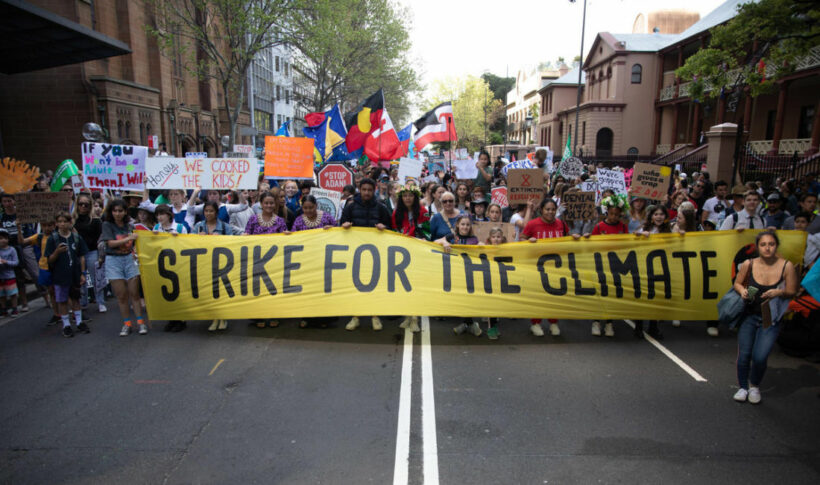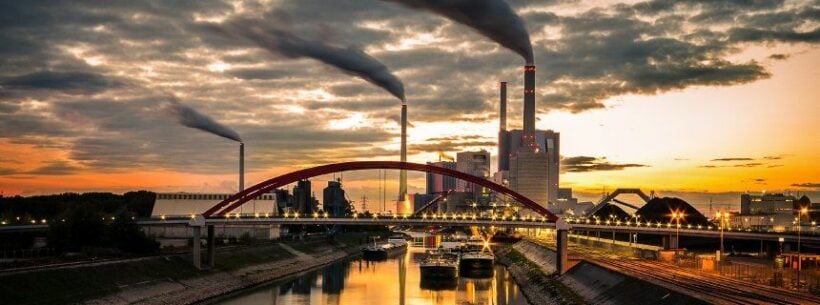Last five years “Hottest on record” – UN Climate Summit

PHOTO: Greenpeace USA
“Average global temperature between 2015-2019 is on track to be the hottest of any five-year period on record, according to the report compiled by the World Meteorological Organisation.”
A damning new UN report published yesterday says the world is falling badly behind in the race to avert “climate disaster” because of runaway warming, with the five-year period ending 2019 set to be the hottest ever.
It comes ahead of today’s UN climate summit that is being attended by more than 60 world leaders. Secretary-General Antonio Guterres will be pushing for countries to increase their greenhouse gas reduction targets. Thailand’s PM Prayut Chan-o-cha is one of the world leaders attending the Summit in New York.
The report “highlights the urgent need for the development of concrete actions that halt global warming and the worst effects of climate change,” says its authors, the Science Advisory Group to the summit.
Average global temperature between 2015-2019 is on track to be the hottest of any five-year period on record, according to the report compiled by the World Meteorological Organization.
The period “is currently estimated to be 1.1 degrees Celsius above pre-industrial (1850-1900) times and 0.2 degrees Celsius warmer than 2011-2015,” it said. The past four years were already the hottest since record-keeping began in 1850.
Guterres said last week the world was “losing the race” on climate change, and the latest report spells out the extent to which the gap between what is required and what is happening is widening. Rather than falling, carbon dioxide grew another 2% in 2018.
More importantly, there is also no sign yet of reaching what is known as “peak emissions,” the point at which levels will start to fall, though these are not growing at the same rate as the global economy.
The 2015 Paris Agreement saw countries lay out national targets to reduce their emissions in order to limit long term temperature rise by under two degrees Celsius or ideally 1.5 degrees Celsius above pre-industrial levels.
These are benchmarks that will limit in important ways the impact of warming on world weather systems.
But even if all countries meet the goals they set themselves, the world will warm by 2.9 degrees Celsius to 3.4 degrees Celsius, the report found.
The current levels of ambition would need to be tripled to meet the two degrees Celsius goal and increased five-fold to meet the 1.5 degrees Celsius goal – technically still possible.
“This reads like a credit card statement after a five-year long spending binge,” said Dave Reay, a professor and chair in Carbon Management at the University of Edinburgh.
“Our global carbon credit is maxed out,” he added. “If emissions don’t start falling there will be hell to pay.”
SOURCE: Agence France-Presse

Latest Thailand News
Follow The Thaiger on Google News:


























